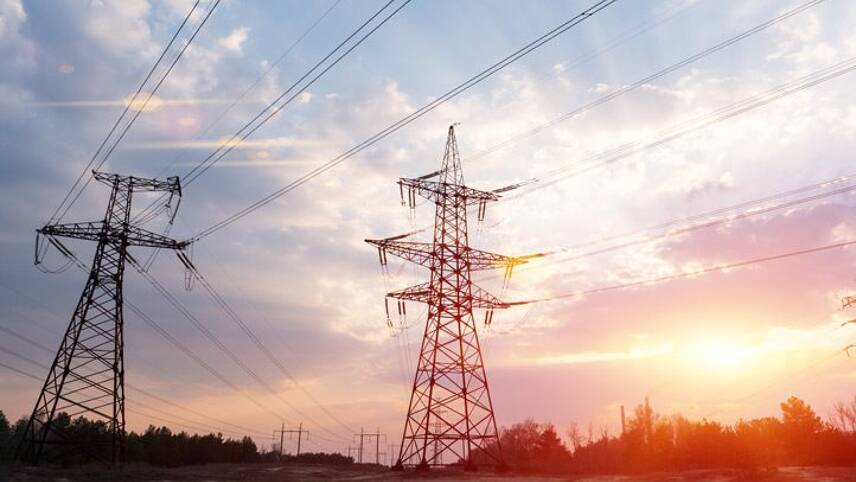Register for free and continue reading
Join our growing army of changemakers and get unlimited access to our premium content

Fossil fuel generation in the EU experienced a 19% drop last year.
The Government has today (6 April) confirmed that a Future System Operator (FSO) public body will be set up to oversee the energy network. The FSO will act as an independent body aimed at integrating new technologies to enhance grid security.
The FSO, which will be legislated through a timeline over the coming months, will build on the capabilities of the Electricity System Operator (ESO), and the National Grid Gas (NGG). Ofgem, National Grid and the ESO have all agreed on a joint statement stating their support for the FSO.
Energy Minister Greg Hands said: “Russia’s appalling aggression in Ukraine amid escalating global gas prices has shown the vital importance of strategic change to the UK energy system. We need to boost our energy resilience, reduce our dependence on expensive imports and slash emissions. The FSO will do just that.”
The FSO will work with energy suppliers and networks to improve grid stability and comes ahead of the forthcoming Energy Security Strategy, which the Government claims will be published this week.
Prime Minister Boris Johnson first confirmed that the strategy was in development on Monday 7 March. At the time, it was promised by the end of that week.
Disagreements between Johnson and cabinet ministers over his support for fracking, then for onshore wind, had already contributed to delays. Tabloids had also been reporting that a further contributing factor was Johnson’s desire to confirm a significant new funding package for nuclear power, which the Treasury has allegedly pushed back against.
Ofgem has reported a rise in the average price of gas per therm from 49p at the start of January 2021 to 112.5p at the end of November 2021. Within the same timeframe, electricity prices per megawatt-hour increased from 53p to 112.5p. The crisis is largely due to a discrepancy between international gas supply and demand, with cold weather in Europe and warm weather in Asia pushing up demand and nations including Russia supplying less gas.
Many households are facing an increase of £700 or more for energy bills this year. The Resolution Foundation is forecasting that this will result in the UK’s poorest third of families spending at least 10% of their annual budgets on energy alone. Separately, npower estimates that one million UK homes are already making compromises between heating and eating.

